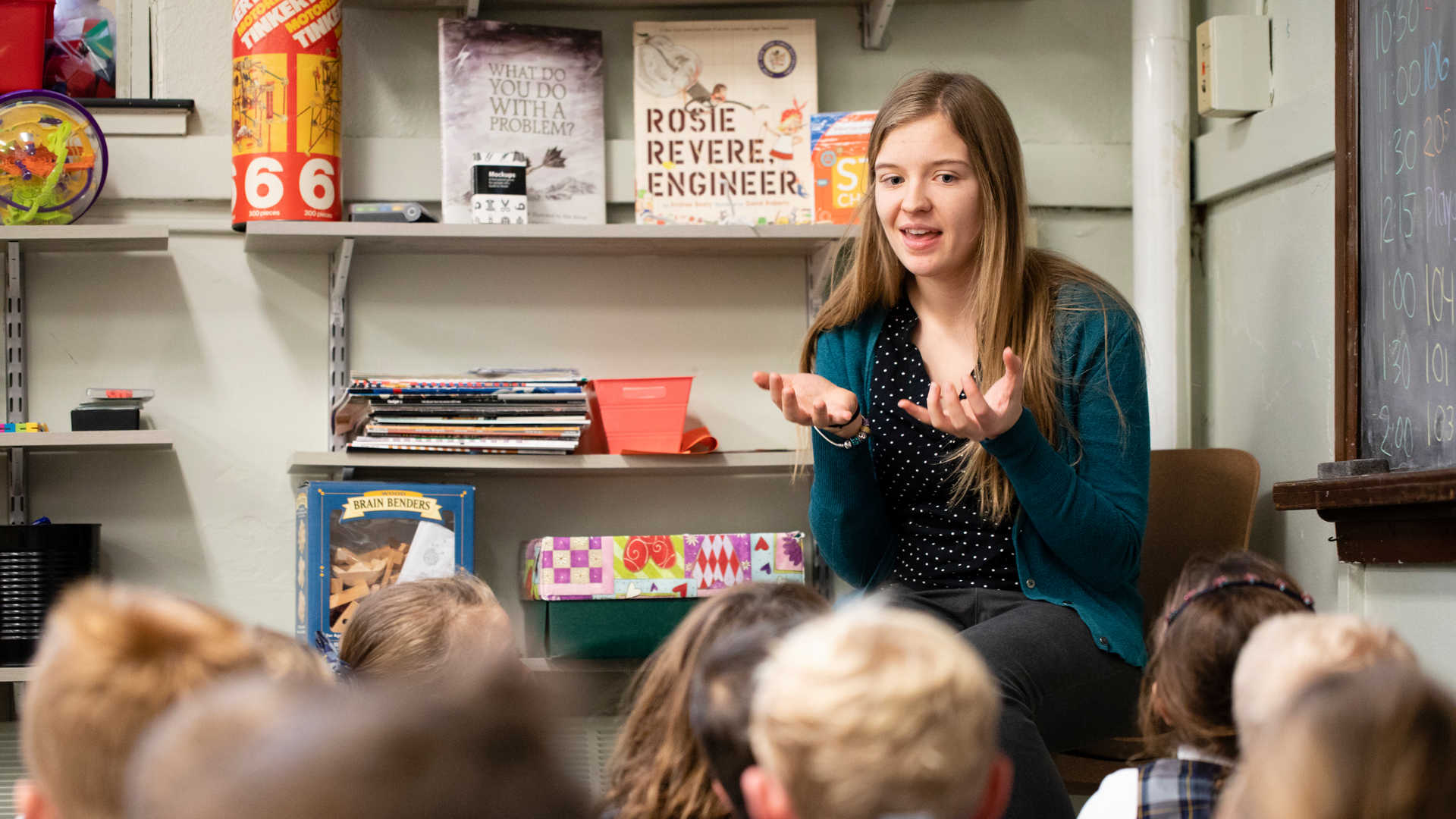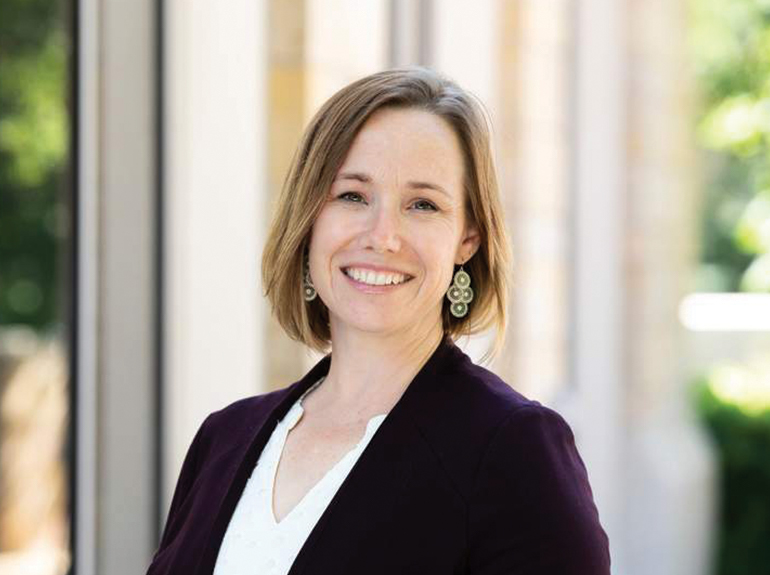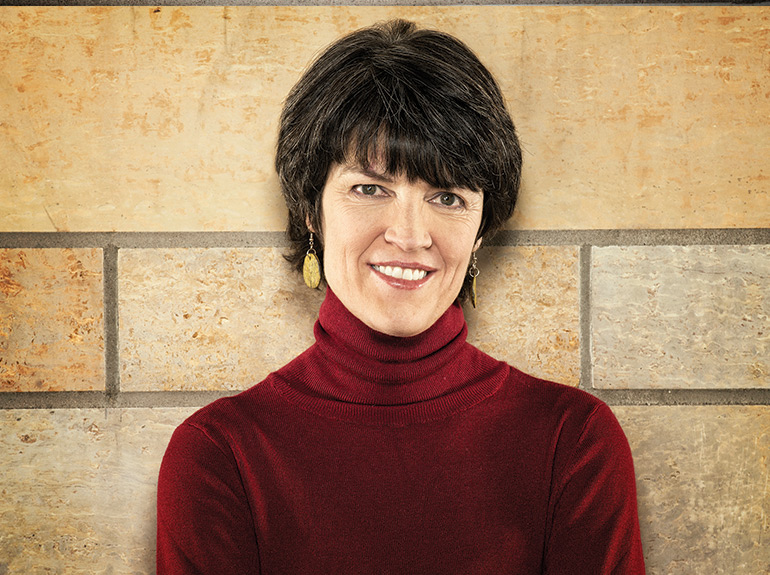Concentrations
Chemistry educators provide learners in grades 9-12 a critical link between physics and natural sciences while helping them understand matter at its most fundamental level. In addition to an initial licensure, Chemistry teachers also earn an endorsement in general science, qualifying them to teach in grades 5-8. Science teachers are in high demand.
Educators in the field of Communication Arts and Literature teach learners in grades 5-12 a wide variety of oral and written communication skills. Their learners also begin to understand the plethora of ways in which humans communicate and learn about the world through the study of literature. In addition to being prepared to teach communication arts and literature, graduates of this program can take their ability to teach communication skills into the business, governmental and non-profit worlds.
We all remember at least one of our elementary teachers - one of the key people who made a difference in our lives. Elementary educators work with young learners (K-6), teaching skills and knowledge that form the foundation of learning. Teaching at this level requires a unique combination of content knowledge, pedagogy, understanding of individual development, and familiarity with learners' families and communities.
Life science brings together the scientific disciplines that study living things, including biology, botany, genetics, medical science, psychiatry and zoology. Together, these disciplines seek to understand how living things exist and interact. Science teachers are in high demand at all levels. Preparation in this program leads to a grades 9-12 teaching license, as well as an endorsement in general science (5-8).
Teachers in this content area help students understand mathematics in its many forms, including algebra, geometry and calculus. You will learn to help students apply these skills, relieve math anxiety and realize their mathematical ability. These skillsets are in high demand in the workplace, increasing the demand for high quality math teachers.
Students in this program gain the skills needed to teach students to play brass, woodwind, string and percussion instruments. Music teachers are able to share that knowledge with learners in grades K-12 and are also prepared to teach general music courses, helping their learners develop a greater appreciation of music in all its forms. Musical training can reduce stress; improve memory; increase time management, organizational and team-building skills; and improve overall academic performance.
Teachers in this area have developed the skills and gained the experience needed to lead choral ensembles and to teach general music classes for grades K-12. In addition to building their own musical skills, they have learned the musical pedagogy that will help them transfer those skills to their learners.
One of the oldest academic disciplines, physics focuses on the motion, energy and force of matter. Teachers prepared in this content area work with learners in grades 9-12, engaging them as they discover the wonders of physics. Physics licensure students also earn an endorsement in general science, qualifying them to teach in grades 5-8. Physics teachers are in high demand.
Social studies education includes the core disciplines of history, geography, political science, economics, psychology, and sociology. As a social studies teacher, you'll play a critical role in helping learners understand themselves, their society, and the global community. In addition to being prepared to teach social studies in grades 5-12, graduates have gone on to become curators in museums, trainers in business, and curriculum developers for educational programs.
Learning a language offers a way to understand the world in which we live. Spanish teachers teach K-12 learners how to speak, read and write their chosen world language. In addition, world language teachers help their learners understand the cultures in which these languages are spoken, facilitating their transformation into global citizens.




